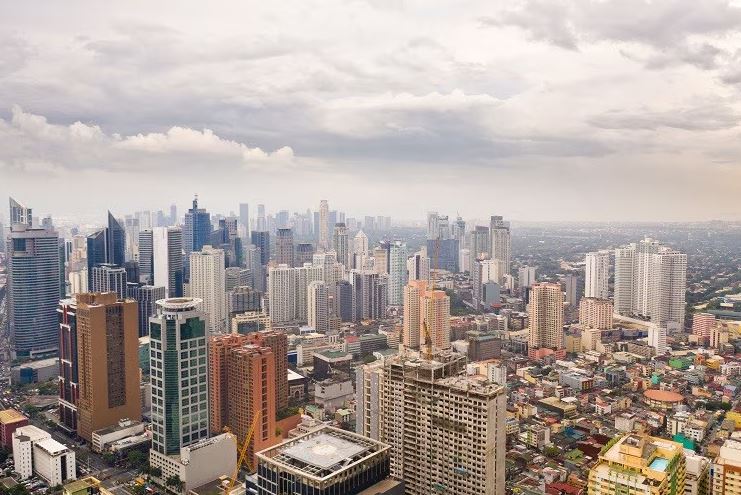
The Philippine economy has maintained a growth momentum of more than 6% since President Ferdinand R. Marcos Jr. takes office in 2022.
According to the Development Budget Coordination Committee, in the first quarter of 2024, the Philippine economy grew by 5,7%, outperforming Indonesia (5,1%), Malaysia (4,2%), Singapore ( 2,7%) and Thailand (1,5%).
The latest forecast from the International Monetary Fund (IMF) and Asian Development Bank (ADB) shows that the Philippine economy is poised to grow by at least 6% in 2024 and 2025.
The IMF predicts that the country's economic growth will stabilize at 6% this year before increasing to 6,2% in 2025.
Previously, in a latest report, ADB also noted: "The Philippines is expected to grow 6% in 2024 and 6,2% in 2025. Domestic demand, along with recovery in commodity exports globalization has boosted growth by 5,7% in the first quarter of 2024.
According to ADB, goods exports have recovered, especially electronic products, while services exports remained strong, including tourism and business process outsourcing. Inflation control and monetary easing expected in the second half of 2024 will support household consumption and investment.
Meanwhile, Philippine National Economic and Development Authority (NEDA) Secretary Arsenio Balisacan said that although the economy continues to grow, the country's infrastructure development as well as diversification of Growth momentum will help maintain long-term economic growth.
He emphasized: "By expanding and upgrading infrastructure, we hope to create favorable conditions to create high-quality jobs for millions of people, improving the competitiveness of industries." local, diversify growth drivers to strengthen economic resilience and enhance regional connectivity by linking leading industries.”
Currently, the Marcos administration is committed to creating an enabling environment for infrastructure development as reflected in the Philippine Development Plan (PDP) 2023-2028, which outlines its economic transformation agenda. social economy of the country.
The PDP aims to address the challenges plaguing the country's infrastructure sector, which many observers and analysts see as a significant barrier to investment opportunities.
“The Marcos administration acted quickly and I believe we have had a strong start in the past two years,” said Mr. Arsenio Balisacan. The Government has issued and implemented important policy initiatives and reforms to create a more favorable policy and legal environment for investment and economic growth.
Source: Vietnam.vn
Share: